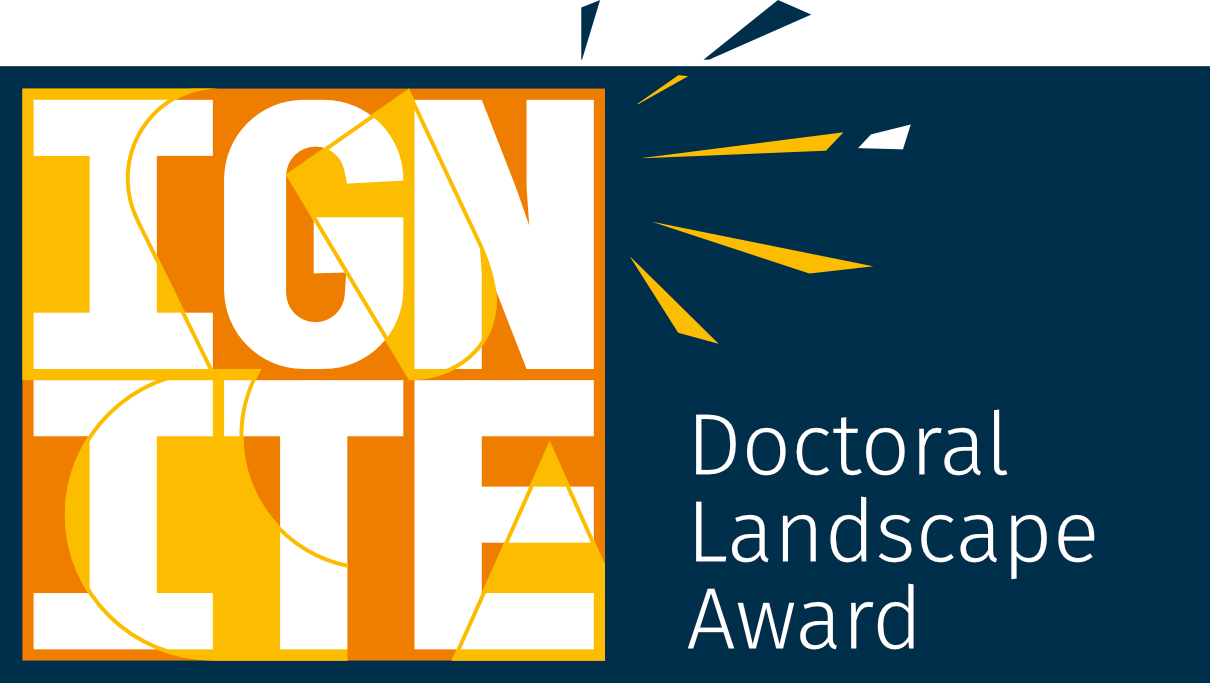Online guidance 1: What we’re looking for in a personal statement and CV
In this document we’ve included some further information on what we’re looking for in a personal statement and CV, and some contact points (particularly for students from backgrounds which are currently under-represented in our PhD cohorts or in UK higher education) for further support
Your personal statement
The personal statement is an important part of the application – here, we get the chance to learn more about you and your motivation for study, beyond degree scores and basic details in your CV. A good personal statement gives detail on:
(a) what is your motivation for and interest in doing a PhD, and in particular the specific PhD(s) you’ve applied for. This includes what you hope to get from a PhD in terms of supporting your future career ambitions: we recognise that PhDs are not purely avenues for academic research careers – motivations for study can include developing the research and independent self-organisation skills needed to thrive in a wide range of industries and work sectors; and
(b) how your background skills and experience will support the work in the PhD – these can be wider skills, such as communication, coding, report writing, or team-working, or specific skills such as previous laboratory work or project experience that’s relevant to the topic of the PhD. Examples where you have used your initiative, imagination, or perseverance to achieve a goal can be very useful here – we are interested in how you have made the most of the opportunities available to you to gain skills and experience.
We are particularly interested in hearing if you’ve had to overcome any particular challenges to get to where you are today (that is, a graduate applying for a PhD), so that we can (in confidence) include this in the short-listing and decision processes. These challenges may include overcoming mental health or other challenges, or challenges around support and opportunity (e.g. first generation of your family to study at University, unconventional career path, periods spent outside of education).
Your CV
A good CV should be clearly organised, and not exceed 2 pages in length. It should cover details of your educational achievements including any research projects undertaken as well as describing any work experience. There is a range of online material discussing how to construct a CV, but a recommended resource for general CV construction can be found on the University web pages.
Further details / support
Applicants can seek advice and further details from potential project supervisors and from the Faculty Graduate School, on fels-pgr-apply@soton.ac.uk.

